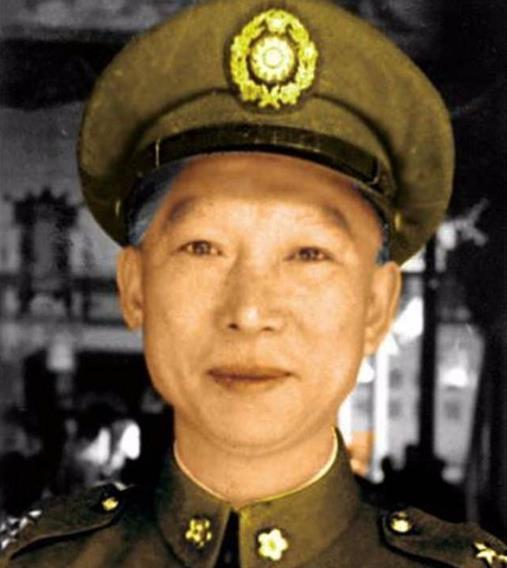The 8-year War of Resistance against Japanese Aggression wiped out 120,000 Japanese troops, and he was the famous general who annihilated the most enemies, and Okamura Ningji also admired him
The all-out War of Resistance lasted for eight years, and Chiang Kai-shek divided the country into 12 theaters one after another. It was not Hu Zongnan's First Theater of Operations, nor Yan Xishan's Second Theater, nor Li Zongren's Fifth Theater, but Xue Yue's Ninth Theater.

How big is the Ninth Theater? The scope included southern Hubei and the provinces of Hunan and Jiangxi, and because Chen Cheng was also the commander of the Sixth and Ninth Theaters, he was too busy, and Xue Yue became the acting commander, and his record was much better than Chen Cheng's Sixth Theater.
Xue Yue joined the League in 1909, was considered an old man of the Kuomintang, graduated from the sixth term of the Baoding Military Academy, and later served as a battalion commander in sun Yat-sen's Great Presidential Guard Regiment, was already a division commander during the Northern Expedition, and was later promoted to military commander.
When the Battle of Songhu broke out, Chiang Kai-shek urgently transferred Xue Yue from thousands of miles to Shanghai, making him the commander-in-chief of the 19th Group Army of the National Revolutionary Army, and held out for more than half a month along the southern bank of Yunzaohama to resist the Japanese attack.
Although Xue Yue's troops had a strong will to fight, it was only a partial victory, and the advanced weapons of the Japanese army gradually broke the defensive line laid by the Nationalist army, resulting in the defeat of the Battle of Songhu and the fall of Nanjing.
Subsequently, Xue Yue led the 19th Group Army for a short rest, and then rushed to the anti-Japanese front line in Jiangxi, and won the victory of the Wanjialing Victory, killing and wounding more than 8,000 people of the 106th Division of the Japanese Army, including 2 squadron leaders and 3 brigade leaders, which was a big victory, which inspired the determination of the Chinese military and people to resist Japan and made Xue Yue famous.
However, the Great Victory of Wanjialing only made Xue Yue famous throughout the country, while the Battle of Changsha made Xue Yue famous all over the world and became a famous general. There were 4 battles in Changsha, all commanded by Xue Yue, which wiped out more than 100,000 Japanese troops.
Coupled with the battle records in other battles, as many as 100,000 or 200,000 people, making Xue Yue the most famous general in the War of Resistance, and even the commander-in-chief of the Japanese army, Okamura Ningji, admired him.